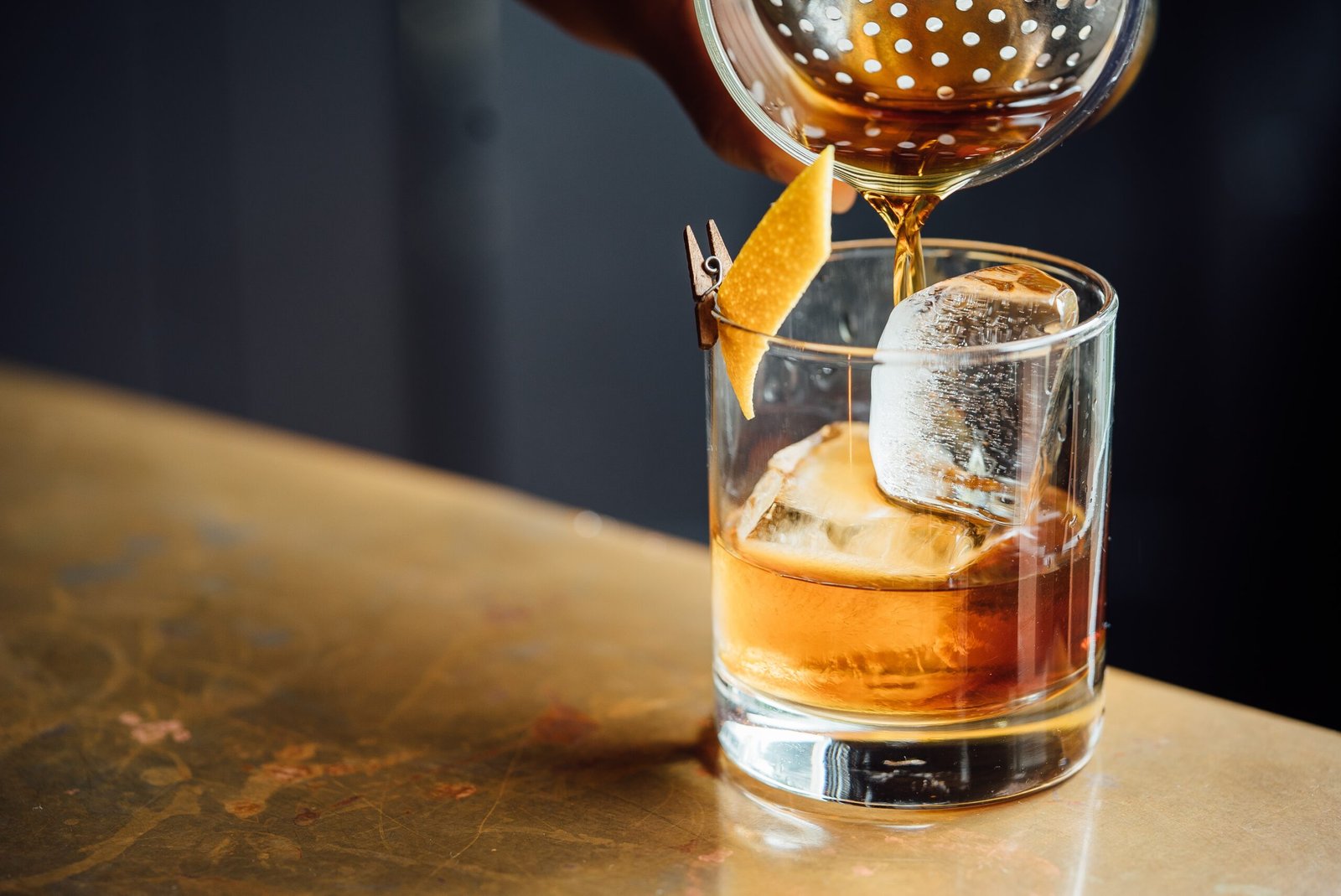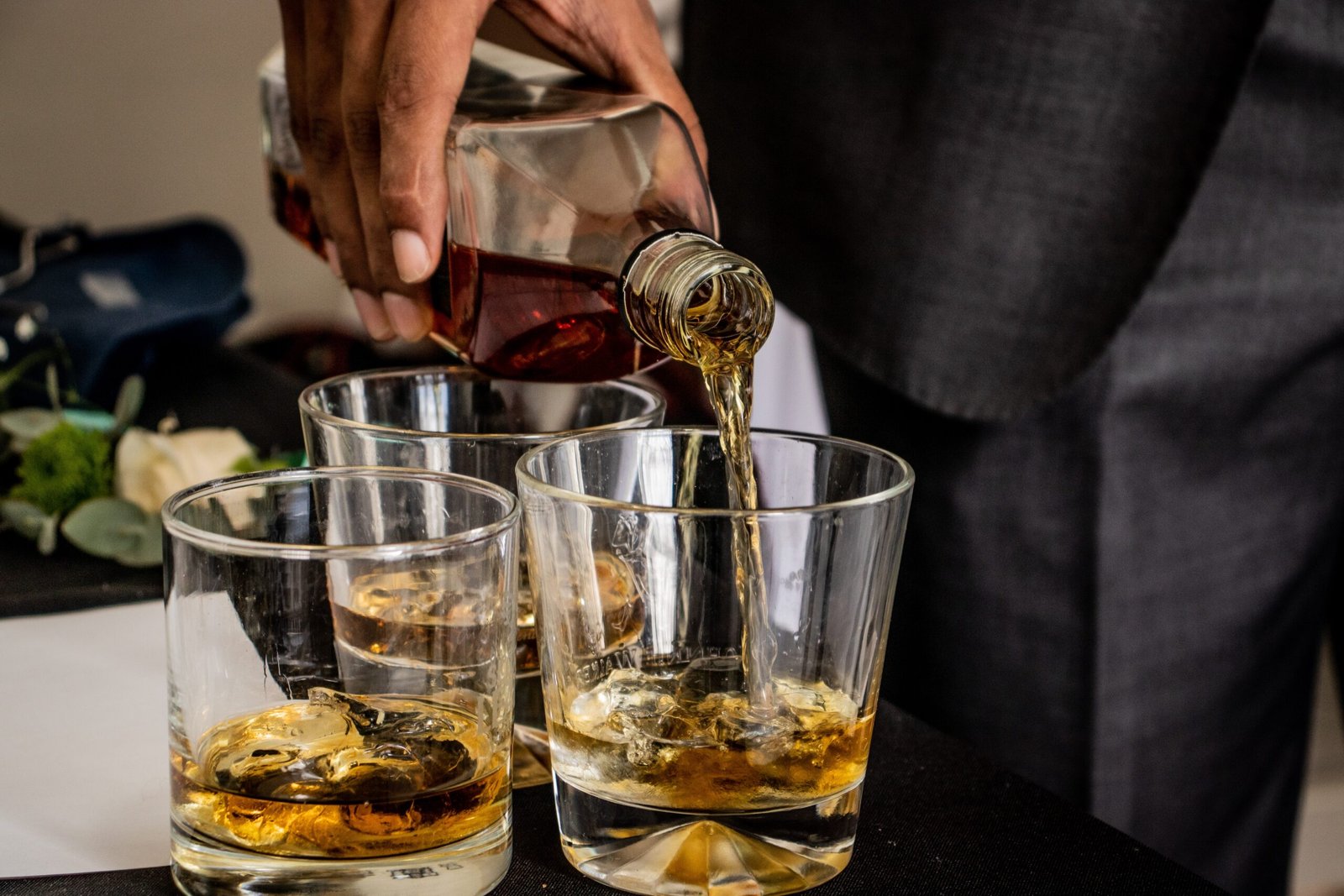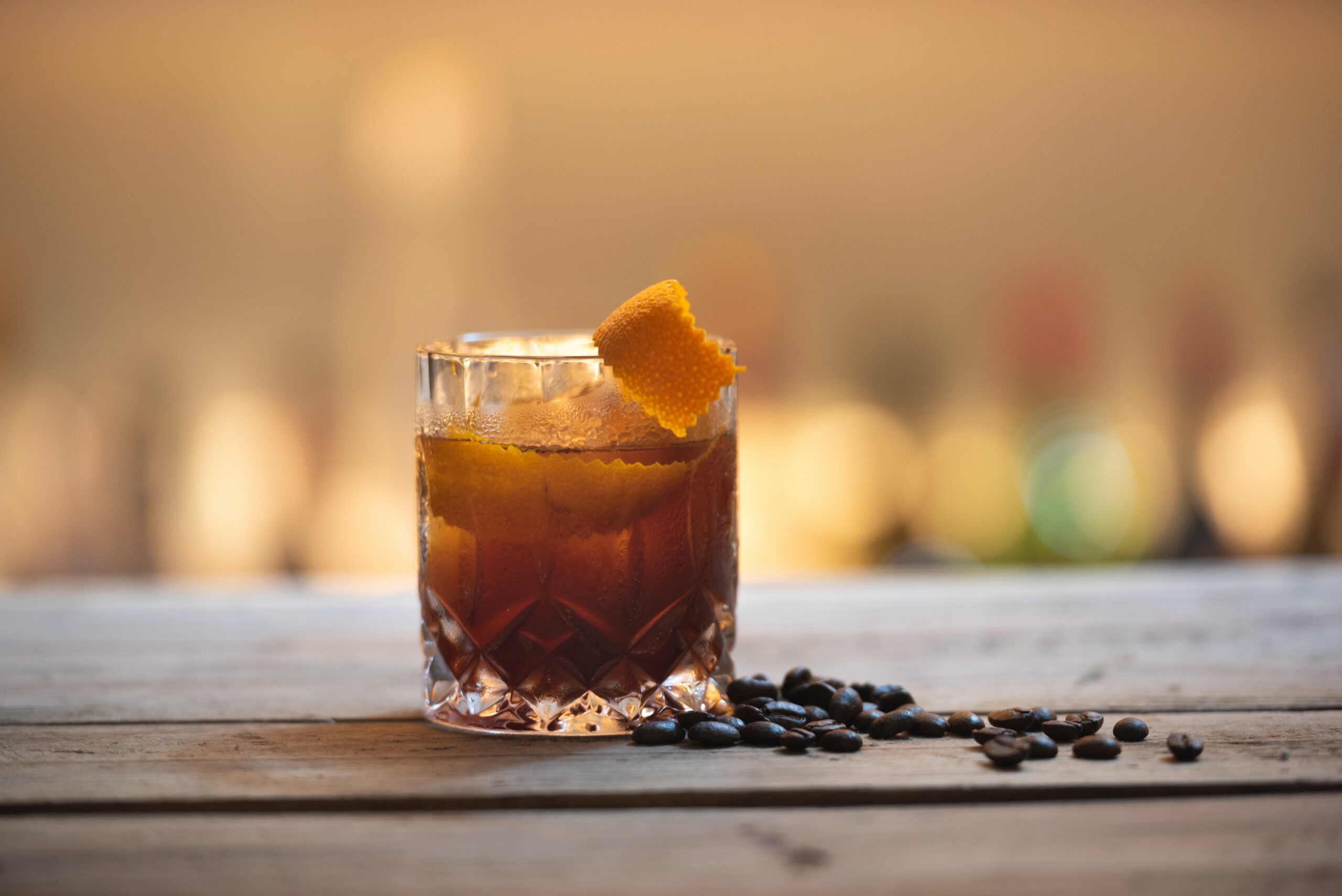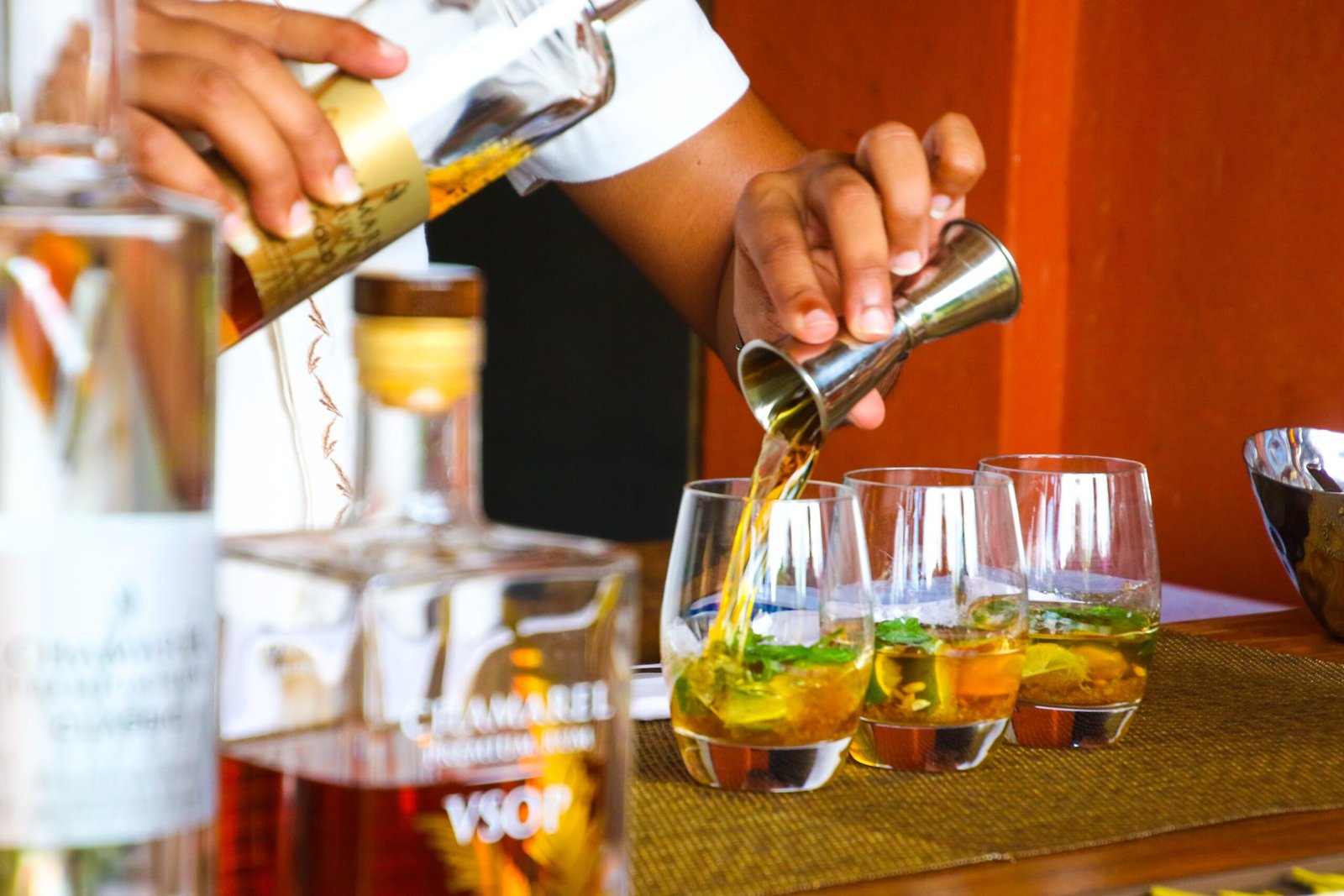
7 Important Qualities That Make A Whiskey Good
Whiskey has been around for centuries, and there are many different types of whiskey to choose from.
So what makes a good whiskey? There are many factors that come into play, such as the type of whiskey, the aging process, and even the glassware it is served in. In this blog post, we will discuss seven factors that make what is a good whiskey. We’ll also provide some tips on how to select the right whiskey for your palate.
1. The Type of Whiskey
There are many different types of whiskey to choose from, including traditional Irish whiskey, Scotch whisky, and Bourbon. Each type has its own characteristics that make it unique. For example, Irish whiskey is known for being smoother and sweeter than other whiskeys, while Bourbon tends to be lighter in color and more spicy or fruity in flavor.
2. The Place You’re Buying From
Another factor that can make a difference in the quality of your whiskey is where you buy it from. Depending on which country the whiskey is made in, or if it is an imported liquor, you may experience different qualities and flavors. When buying Irish whiskey, for example, many people purchase it directly from Ireland because they believe that this type of whiskey has a better taste than those made in other countries. Some smaller distilleries may even offer tastings so that customers can try them before they buy. There are also places where you can also buy wholesale of Whiskey and other liquors from. This can be a good option if you plan to host parties or events, or if you just want to have a large supply of whiskey on hand.

3. The Aging Process
Aging plays a big role in how whiskey tastes, as well. The longer it is aged, the more complex and nuanced its flavors will become. However, there is no one particular age threshold that makes a “good” whiskey; some whiskeys are best when they are fairly young (no more than 5 years old) while others need to be much older (over 10 years).
For example, Bourbons like Woodford Reserve and Jack Daniels tend to have their richest flavors after just a few years of aging, while older Scotches like Laphroaig and Highland Park can take up to 20 years before they reach their peak flavor.
4. The Region
In addition to the type and age of whiskey, the region where it is produced has a big impact on its characteristics. Some whiskeys are known for being smoky or earthy, as this is characteristic of Scotch whiskies from Islay and Highland regions like Ardbeg and Dalwhinnie. Others may be more sweet or fruity, which are typical in bourbon distilleries such as Jack Daniels and Maker’s Mark. For example, the Irish whiskeys that come from the south coast tend to produce lighter and less complex flavors, while those from the northern part (like Bushmills) tend to be more robust and spiced.

5. The Glassware
Whiskey is almost always served in a specific type of glass that is designed specifically for it. This helps to enhance the flavor of the whiskey, as it allows you to swirl the drink around before you sip it. There are many different styles of glasses used for whiskey, including thistle glasses, which are narrow at the bottom and wider at the top; tulip glasses, which have a similar shape but have wide rims; and snifters, which are typically shorter and rounded at the top. No matter what your preference is when it comes to glassware, make sure that you choose a glass that best suits the whiskey you are drinking.
6. The Water
The type of water used to dilute your whiskey is also important, as it can enhance or detract from its flavor. Some people prefer to drink their whiskey neat, without adding any additional water, while others like to use ice cubes and a few drops of spring water for a smooth finish. For example, some whiskeys like Jameson Irish Whiskey tend to taste better when diluted with an equal ratio of three parts whiskey and one part spring water, whereas Bourbons such as Woodford Reserve tend to be more enjoyable when mixed with two parts whiskey and one part filtered water.

7. Your Personal Preference
Ultimately, the most important thing to consider when choosing a good whiskey is your own personal preference. There are so many different types and styles of whiskey out there, so it is up to you to figure out what works best for your palate and what you enjoy drinking the most. Whether you prefer strong, smoky Scotches or light, smooth Bourbons, there is likely a perfect whiskey out there for you! So keep experimenting until you find the right one.
As you can see, there are many different factors that contribute to what makes a good whiskey. Whether it is the type of distilleries used, the region where it is produced, or your own personal preferences, there is no one specific thing that makes a whiskey “good” — it is up to you to find out what you like best! So start experimenting today and keep trying new whiskeys until you find your perfect match. Cheers!








